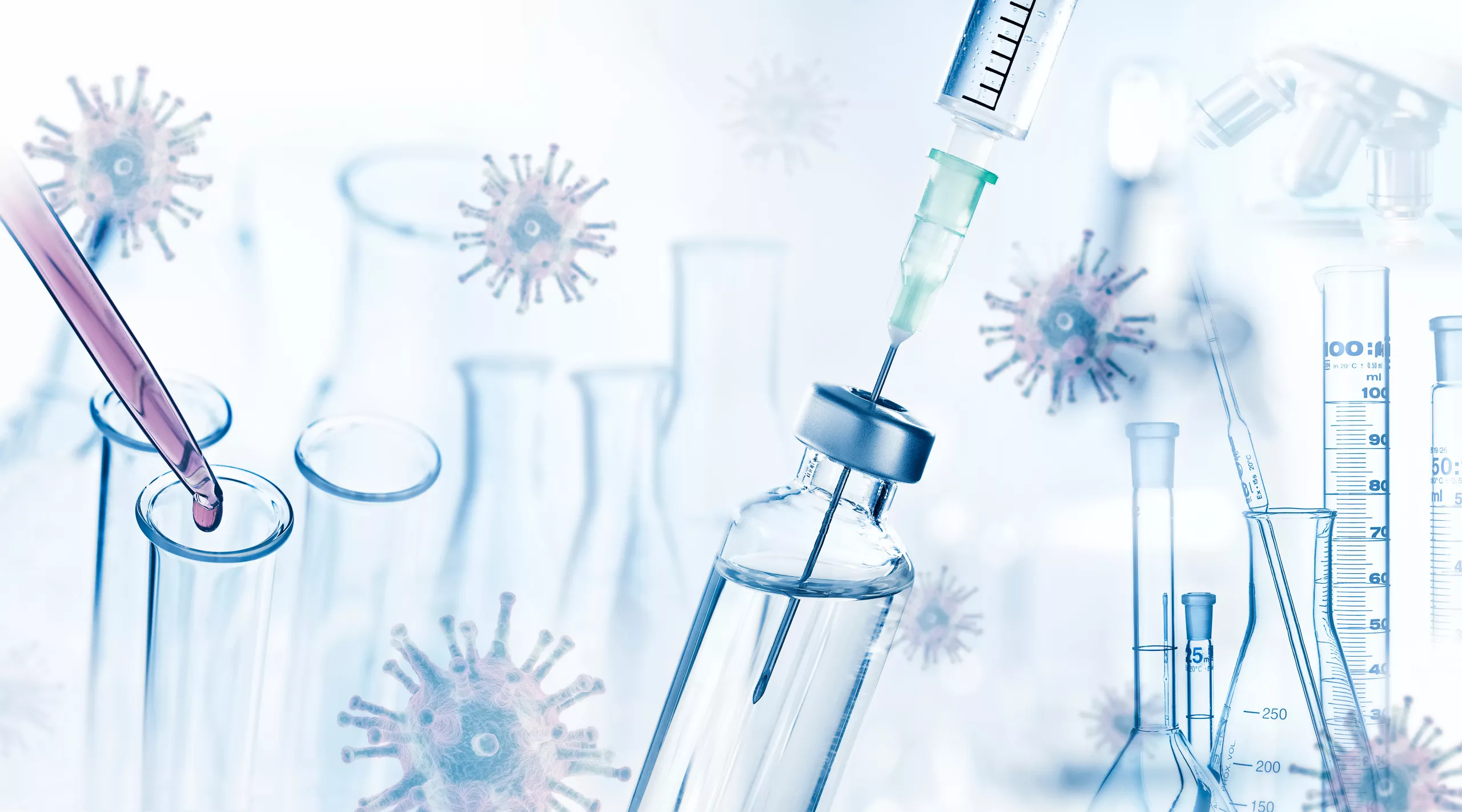The pharmaceutical industry plays a pivotal role in public health by developing, manufacturing, and distributing life-saving medications. To ensure the safety, efficacy, and quality of pharmaceutical products, regulatory agencies around the world closely monitor and inspect pharmaceutical manufacturing facilities. One of the critical inspections in the pharmaceutical industry is the Pre-Approval Inspection (PAI). In this blog, we will explore what PAI inspections are, their significance, and their impact on the pharmaceutical industry.
Understanding Pre-Approval Inspections (PAIs)
Pre-Approval Inspections, commonly known as PAIs, are a fundamental component of the regulatory process in the pharmaceutical industry. These inspections are conducted by regulatory agencies, such as the FDA, the EMA, and their counterparts in various countries. PAIs typically occur when a pharmaceutical company seeks approval for a new drug, a new dosage form, or a significant manufacturing process change.
The primary objective of a PAI is to assess the facility, processes, and documentation to ensure compliance with Good Manufacturing Practices (GMP). GMP regulations set the standard for the quality and safety of pharmaceutical products, and PAI inspections are conducted to verify that a facility meets these stringent standards. These inspections are an integral part of the drug approval process, and a successful inspection is a prerequisite for regulatory approval.
The Significance of PAI Inspections
1. Ensuring Quality and Safety: PAI inspections are essential for verifying that pharmaceutical manufacturing facilities adhere to the highest quality and safety standards. By assessing manufacturing processes, record-keeping, and quality control measures, regulators can confirm that the product is safe for consumption and meets the required quality standards.
2. Compliance with Regulatory Requirements: Regulatory agencies worldwide have established guidelines and regulations to safeguard public health. PAI inspections help ensure that pharmaceutical companies comply with these regulations, reducing the risk of substandard or unsafe products entering the market.
3. Preventing Drug Recalls: Ensuring that manufacturing processes are in compliance with GMPs can prevent the need for costly and damaging drug recalls. PAI inspections identify potential issues before they lead to product recalls, protecting both patients and the pharmaceutical company’s reputation.
4. Accelerating Drug Approvals: A successful PAI inspection can expedite the approval of a new drug. Regulatory agencies review the inspection findings when deciding whether to approve a new drug, and a positive inspection outcome can streamline the approval process.
5. Global Implications: In an increasingly interconnected world, the pharmaceutical industry is global in scope. Many countries rely on the inspections conducted by major regulatory agencies like the FDA and EMA to assess the quality and safety of imported pharmaceutical products.
Challenges and Preparing for PAI Inspections
PAI inspections can be a daunting process for pharmaceutical companies. Preparing for these inspections requires meticulous attention to detail, comprehensive documentation, and a thorough understanding of GMP regulations. Some common challenges and considerations include:
1. Documentation: Maintaining accurate and complete records of all manufacturing processes and quality control measures is essential. Regulatory agencies may request extensive documentation during a PAI inspection, and any discrepancies or deficiencies can lead to inspection failures.
2. Facility Readiness: The physical state of the manufacturing facility is also crucial. A well-maintained and organized facility is more likely to pass inspection than one that is disorganized or in disrepair.
3. Staff Training: Proper training of personnel is paramount. Employees must understand and adhere to GMP regulations, as their actions directly impact product quality and safety.
4. Communication: Clear communication with regulatory agencies is essential. Companies should promptly address any observations or concerns raised during the inspection and provide robust corrective actions.
Pre-Approval Inspections are an integral part of the pharmaceutical industry’s commitment to delivering safe and effective medications to the public. They ensure that manufacturing facilities adhere to the highest standards of quality, safety, and compliance. Successfully passing a PAI inspection is a crucial milestone on the path to regulatory approval for new pharmaceutical products. As the pharmaceutical industry continues to evolve and expand globally, the role of PAI inspections in ensuring product quality and safety remains indispensable. Pharmaceutical companies must continue to prioritize compliance with GMP regulations and invest in comprehensive preparation to meet the demands of these critical inspections.
EMMA International has the expertise you need for all your regulatory needs! Contact us today at 248-987-4497 or email info@emmainternational.com to learn more!





